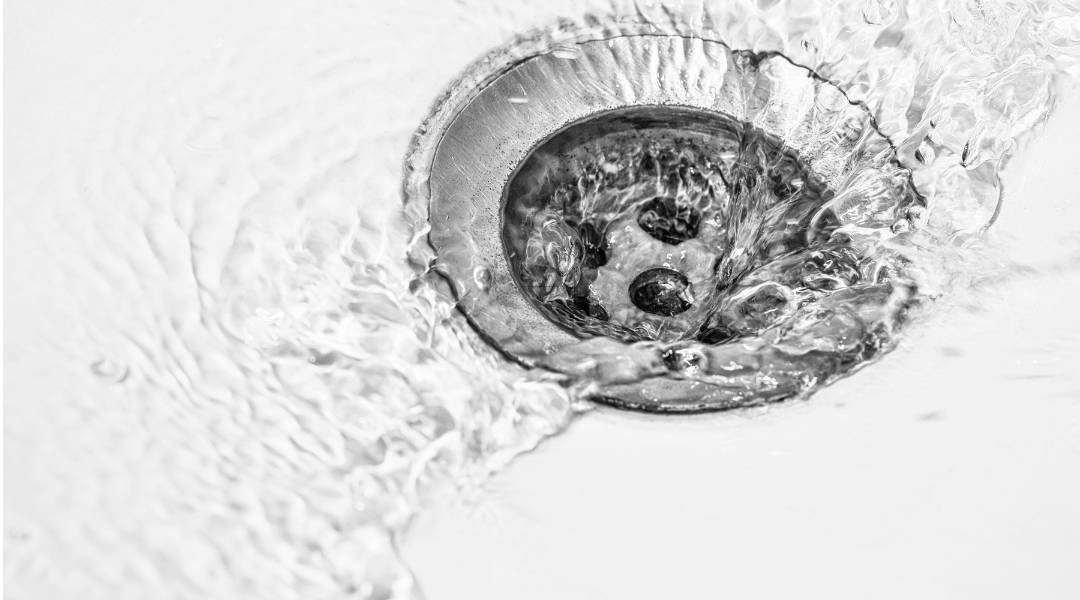What goes down the drain matters in our homes. Items like grease should not find their way into your pipes. Let it cool, then toss it in the trash to dodge high plumbing costs.
Coffee grounds and eggshells also pose risks, leading to blockages over time rather than ease of disposal. Instead of flushing them away, consider composting or trashing these items safely. Foods with fibers, such as potato peels, can cause clogs, too; best keep them out of sinks.
Expert help is available for professional support in Rancho Cucamonga for cleaning drains without stress.
Understanding Your Drains
Start with what you put in them to keep your drains running smooth. Cooking grease can clog pipes deep within. Let it cool, then toss it in the trash instead of down the sink.
They belong in the bin, too. Despite labels saying otherwise, items like tampons and wipes should never go down your toilet, as they seriously harm plumbing systems. Harsh cleaners might clean surfaces, but they hurt when poured into drains, leading to water pollution.
Sometimes, DIY mixes of soda and vinegar may seem less effective. For tough blockages, mechanical tools like a plunger or snake could appear handy, yet caution is needed as these methods don’t fully solve the issue, only pushing debris further and complicating matters. In all, respecting disposal rules goes a long way in preventing costly repairs and environmental damage.
If faced with stubborn clogs, drain cleaning Rancho Cucamonga specialists are always ready to assist, ensuring lasting relief.
Safe Drain Practices
When thinking about what should not go down your drain, consider coffee grounds first. Don’t let them slip into the sink. They can build up in pipes and cause issues.
A better idea is to compost them or use them as soil fertilizer, pest control in gardens, or even a body scrub. Rice and pasta are also tricky; they expand when wet and may block your drains by sticking together. Instead of rinsing these leftovers away, it’s best to throw them out with kitchen waste.
Then there’s honey – it seems harmless but is actually quite sticky and can harden inside pipes, leading to clogs over time, just like melted caramel. Medications pose another risk. Flushing drugs doesn’t make them vanish safely, but they could contaminate drinking water. Instead, seek help from local disposal programs found at pharmacies or police stations for safe handling without harming our environment.
As for household chemicals, avoid dumping those directly. These mixtures might create dangerous reactions.
Safe alternatives include using baking soda followed by hot water as a cleaning solution, keeping everyone safer. Lastly, if ever needed, we’re here ready to assist with any plumbing needs, ensuring quality service you trust.
Prohibited Items for Disposal
For drain care, certain items must never find their way down. Oils and fats from kitchen work can harden in pipes, leading to blockages that are tough to clear without a pro’s help. Also, coffee grounds stick together inside drains, creating solid masses over time.
Medicines pose another risk; when flushed away they can end up harming water life since they don’t break down easily. Wipes marked as ‘flushable’ also mislead many but in truth clog systems just like paper towels do because neither dissolves well enough for safe passage through plumbing networks—a problem often calling for expert attention to resolve properly.
Grease and oils bind debris into blocking masses in kitchen pipes, especially when mixed with other materials like eggshell bits. Even small changes can prevent large headaches later on with Bow Tie Plumbing & Rooter‘s help.

